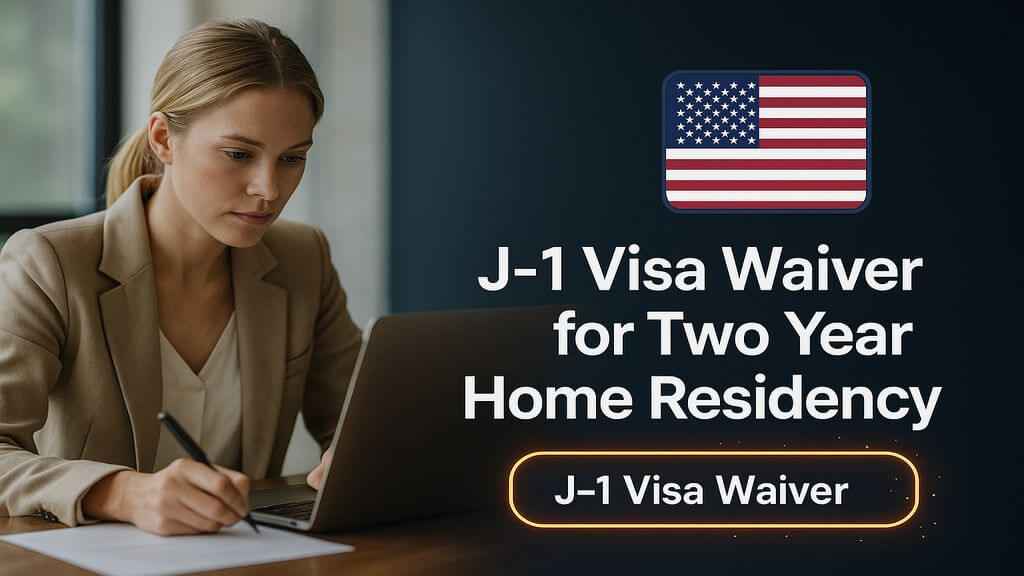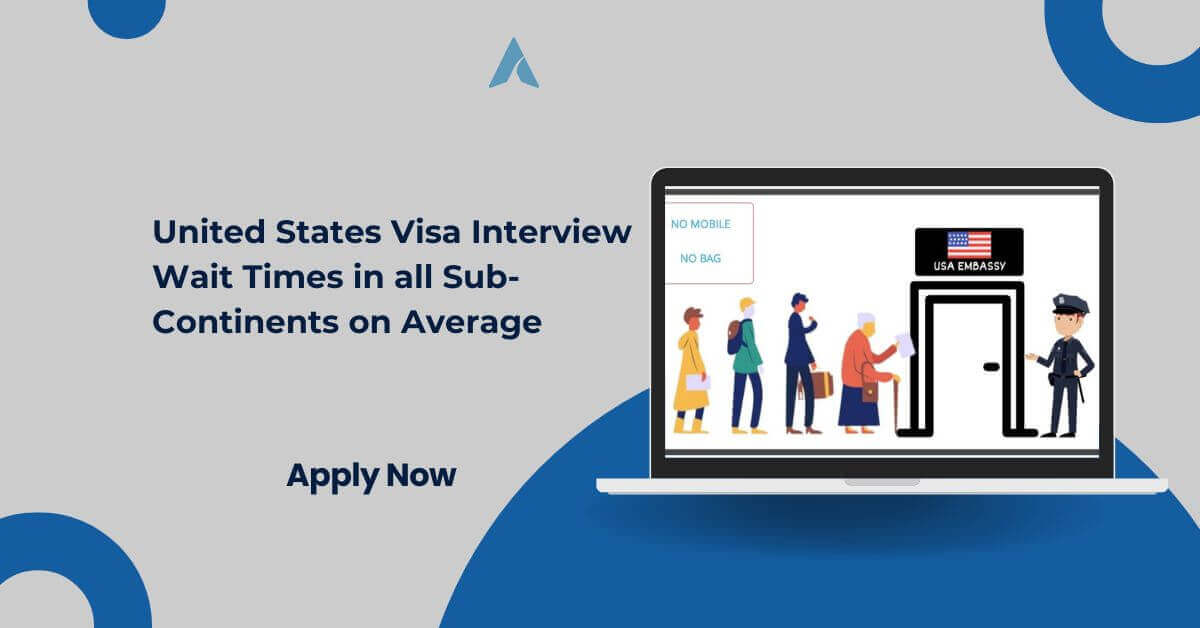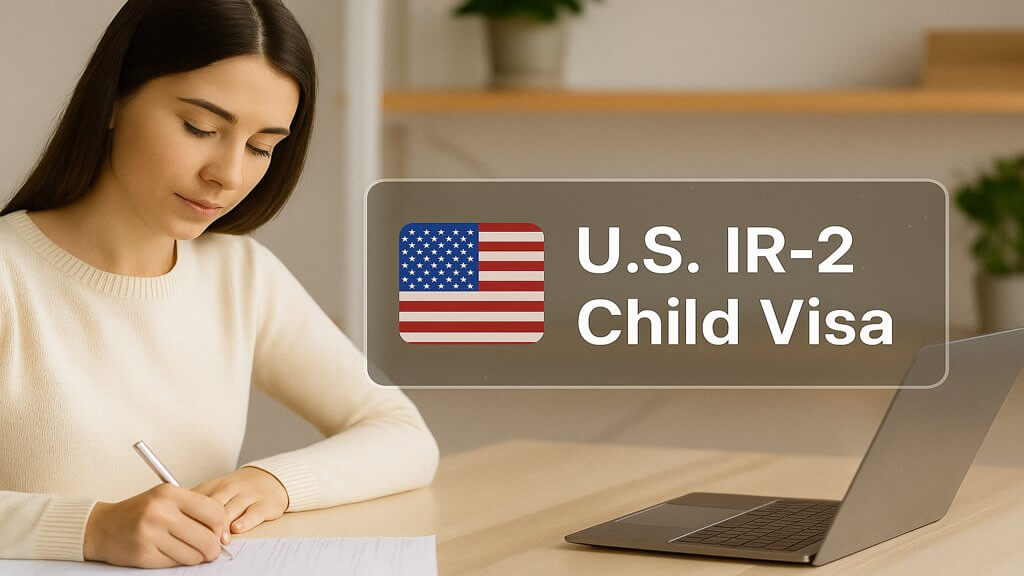If dealing with immigration rules was a paid job, the J-1 visa waiver process might just be one of the most demanding roles out there. It doesn’t come with a salary, but it does require patience, persistence, and a good amount of “paperwork stamina.” No prior “work experience” is necessary to apply for a waiver, but being organized and detail-oriented will make the journey much smoother.
Unfortunately, this isn’t a remote process you’ll need to submit forms physically or by mail, and sometimes visit offices but it’s a flexible “job” in the sense that you can work on your application from anywhere in the world. The “job type” is strictly temporary, but the reward can be life-changing: the freedom to stay in the U.S. without the two-year home-country wait.
Updates:
The U.S. Department of State has removed the home residency requirement for certain programs from the Exchange Visitor Skills List in 34 countries. This change means that J-1 holders from these countries may no longer be subject to the rule.
Two-Year Rule:
You may be subject if any of the following applies:
- Graduate Medical Training: You came to the U.S. under the J-1 visa for graduate medical education or training.
- Government Funding: Your exchange program was funded fully or partially by your home government or the U.S. government.
- Skills List Field: You trained in a skill listed on the Exchange Visitor Skills List for your country, as determined by the U.S. Secretary of State.
What the Rule Means for You?
If you’re subject to the two-year requirement, you must spend two years physically present in your home country after your J-1 program ends before you can:
- Apply for a green card (adjustment of status).
- Change to H-1B, L-1, or K-1 status inside the U.S.
- Get an immigrant visa at a U.S. embassy or consulate.
Note: You may still visit the U.S. during this period on other visa types (such as a tourist visa), but not on the restricted work or immigrant visas.
How to Avoid J-1 Visa Waiver for Two Year Home Residency 2025?
If you qualify, you can apply for a J-1 waiver. There are five main waiver categories:
- U.S. Federal Agency Request
- A federal agency requests the waiver because your work is vital to a U.S. project.
- The agency’s head or designated official sends the request to the Waiver Review Division.
- State Public Health Department Request (Conrad 30 Program)
- For J-1 doctors who will work in a Health Professional Shortage Area (HPSA), Medically Underserved Population (MUP), or Medically Underserved Area (MUA).
- Must agree to work full-time for 3 years, starting within 90 days of waiver approval.
- No Objection Statement
- Your home country’s government sends a letter stating they have no objection to you not returning home and adjusting your status.
- Sent through the country’s embassy in Washington, D.C., or a local U.S. embassy/consulate.
- Persecution
- You can prove you would face persecution in your home country due to race, religion, or political opinion.
- Requires the filing instructions Form I-612 with USCIS ($1,100 fee).
- Exceptional Hardship
- You can prove the requirement would cause serious hardship to your U.S. citizen or permanent resident spouse/child.
- Also requires Form I-612.
Check Also: Tips for Immigration Recommendation Letter – A Guide
How to Apply for J-1 Visa Waiver for Two Year Home Residency 2025?
Form DS-3035 (Required for All Applicants)
- Complete the Online J Visa Waiver form on the State Department website.
- Prepare and send:
- $120 application fee
- Printed DS-3035 form (with barcode)
- Copies of DS-2019/IAP-66 forms
- Two stamped, self-addressed envelopes
- Submit any supporting documents for your waiver basis.
- Track your status online using your case number.
Form I-612 (Only for Hardship or Persecution Cases)
Include:
- Completed I-612 form + $1,100 filing fee
- Copy of your Form I-94
- Copies of DS-2019/IAP-66 forms from all J-1 programs
- Detailed personal statement + evidence of hardship/persecution
- Proof of spouse/child’s U.S. citizenship or permanent residency
J-1 Visa No-Objection Statement:
A J-1 visa no-objection statement is the most common waiver route. In this process, your home country’s government issues a written statement to the U.S. Department of State, indicating they have no objection to you staying in the U.S. instead of returning for the two years.
When it’s used:
- You have no government funding that obligates you to return.
- Your home country supports your decision to remain in the U.S.
- You want to change your status (e.g., to an H-1B work visa or green card).
Key steps:
- Request the statement from your home country’s embassy or consulate.
- The embassy sends it directly to the U.S. Department of State Waiver Review Division.
- The State Department reviews your case and sends its recommendation to USCIS for final approval.
J-1 Visa Hardship Waiver:
A J-1 visa hardship waiver is for cases where leaving the U.S. for two years would cause exceptional hardship to your U.S. citizen or lawful permanent resident spouse or children.
Examples of hardship:
- Medical conditions that require treatment in the U.S.
- Financial difficulties that would severely impact your family.
- Disruption of education for your children.
Important note: USCIS evaluates hardship very strictly normal separation or financial inconvenience is usually not enough. You must provide detailed evidence, such as medical records, expert opinions, or financial statements.
J-1 Visa Persecution Waiver:
A J-1 visa persecution waiver applies if you fear persecution in your home country due to your race, religion, political opinion, or social group membership.
How it works:
- You must submit strong evidence showing the likelihood of persecution.
- This waiver is similar in some ways to asylum claims but focuses only on removing the two-year residency requirement.
- Supporting documents may include human rights reports, affidavits, or past incidents of threats and harm.
- J-1 visa no-objection statement
- J-1 visa hardship waiver
- J-1 visa persecution waiver
Processing Times:
- Conrad State 30 Program: 12–16 weeks
- Exceptional Hardship: 36–52 weeks
- Persecution: 12–16 weeks
- No Objection Statement: 12–16 weeks
- U.S. Federal Agency Request: 8–12 weeks
- Advisory Opinion: 4–8 weeks (not a waiver basis)
Additional Information:
- The Waiver Review Division sends its recommendation to USCIS.
- USCIS makes the final decision.
- If approved, the two-year rule is waived and you may proceed with changing status or applying for a green card.
Information for Applicants:
- Keep your contact information updated with the Waiver Review Division.
- Submit clear, well-organized evidence for hardship or persecution claims.
- Check both USCIS and State Department websites for the latest requirements.
Conclusion:
In 2025, the J-1 two-year home residency requirement can be a major hurdle, but several waiver options including No Objection, Hardship, and Persecution offer a path to stay in the U.S. without the mandatory return. Understanding eligibility, preparing strong evidence, and following the correct application process are key to success. With patience and organization, you can overcome the rule and move forward toward your long-term U.S. goals.
Frequently Asked Questions:
-
What is the J-1 two-year home residency requirement?
It’s a U.S. immigration rule under INA § 212(e) that requires certain J-1 exchange visitors to spend two years in their home country after their program ends before applying for certain U.S. visas or a green card.
-
Can I visit the U.S. during the two years?
Yes but only on visas not restricted by the rule, such as a B-2 tourist visa. You cannot change status to H-1B, L-1, K-1, or apply for a green card until the two years are completed or waived.
-
Can J-2 dependents also get a waiver?
Yes if the J-1 principal visa holder’s waiver is approved, it normally applies to all J-2 dependents.






